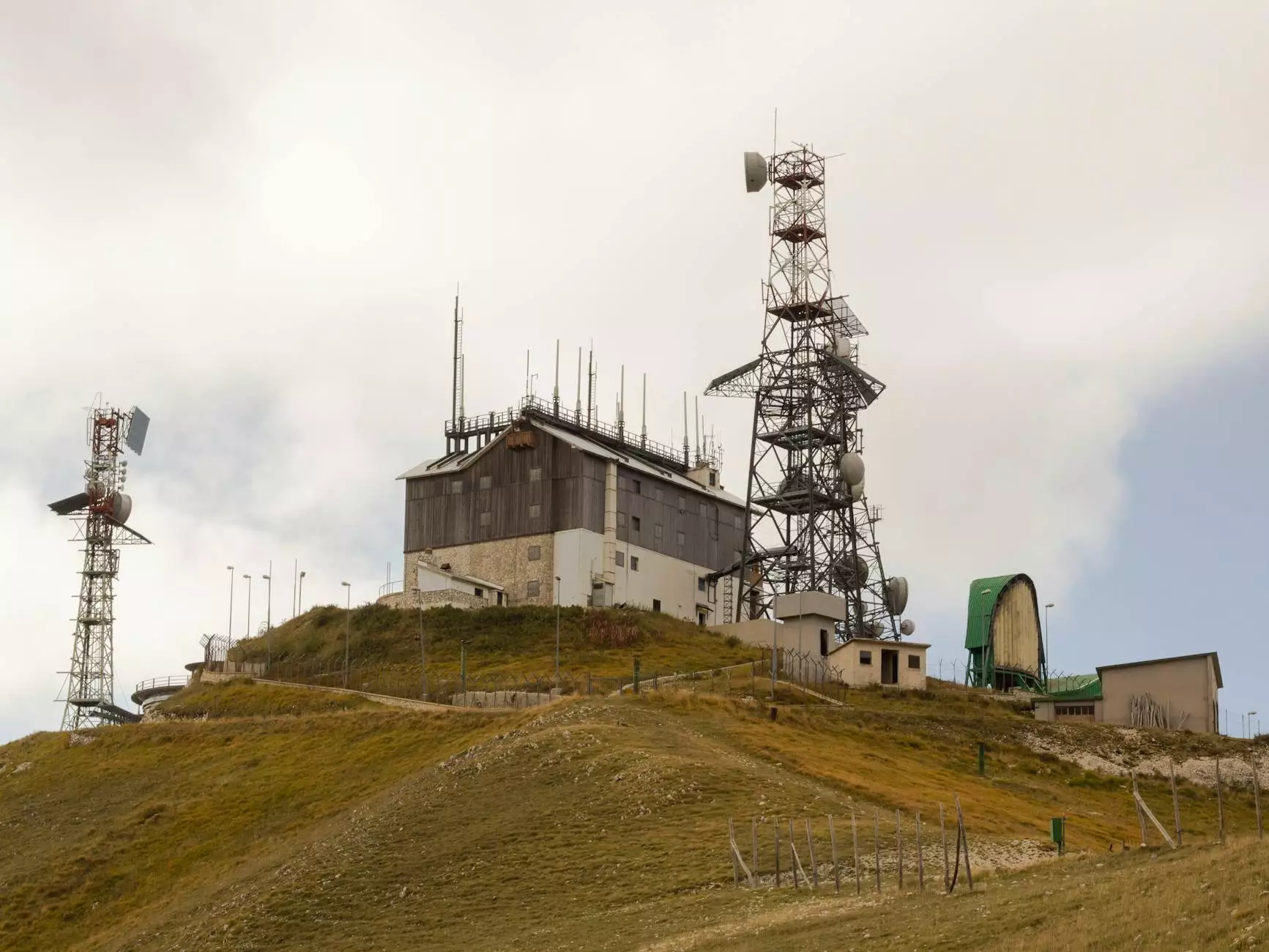The Ultimate Guide to IQF Freezing Machines

Understanding IQF Freezing Technology
Individually Quick Frozen (IQF) refers to a freezing process that rapidly freezes individual food items. This technology has revolutionized the food industry, allowing for better preservation, quality, and storage flexibility. Unlike traditional freezing methods, which may clump together items, IQF ensures that each piece remains separate, making it ideal for various applications.
Benefits of Using IQF Freezing Machines
Implementing an IQF freezing machine in your operations provides numerous benefits:
- Preservation of Quality: IQF maintains the natural texture, color, and flavor of food items, ensuring that they taste fresh even after thawing.
- Reduced Waste: By preventing freezer burn and preserving food quality, businesses can significantly cut down on waste.
- Extended Shelf Life: The rapid freezing process extends the shelf life of food products, allowing for more flexibility in inventory management.
- Efficient Packaging: IQF items can be easily packaged and stored without the need for bulky, space-consuming containers.
- Versatility: IQF technology can be applied to a wide range of food products, including fruits, vegetables, meat, and seafood.
How IQF Freezing Works
The process of IQF freezing involves several steps:
- Pre-treatment: Often, the food items are washed, peeled, or blanched, depending on the type of product.
- Rapid Freezing: The key aspect of IQF machines is their ability to freeze products quickly using air blast freezing or plate freezing methods. This rapid cooling helps to form smaller ice crystals within the food cells.
- Packaging: Once frozen, foods are packaged in moisture-proof materials, which protects them from freezer burn and extends shelf life.
- Storage: IQF products can be stored at optimal temperatures until they are ready for distribution or sale.
Types of IQF Freezing Machines
The market offers various types of IQF freezing machines, designed to meet specific industry needs:
1. Air Blast Freezers
Utilizing powerful fans, air blast freezers circulate cold air around the food items, enabling rapid freezing. They are particularly suitable for food industries dealing with smaller items like diced vegetables or fruits.
2. Plate Freezers
Plate freezers utilize metal plates that are cooled to very low temperatures. The food products are placed between these plates, allowing for quick freezing. This method is well-suited for larger volumes of uniform items such as fish fillets.
3. Tunnel Freezers
In a tunnel freezer, products move through a conveyor belt that passes through a cold chamber, where they are subjected to freezing temperatures. This method is efficient for continuous operations and can handle large quantities at once.
Choosing the Right IQF Freezing Machine for Your Business
Selecting the appropriate IQF freezing machine depends on various factors including:
- Product Type: Consider the size, shape, and moisture content of the food items you will be freezing.
- Production Volume: Evaluate the expected output and select a machine that meets your capacity requirements.
- Energy Efficiency: Opt for machines that are energy efficient to minimize operational costs.
- Space Requirements: Ensure that the machine can fit within your facility without disrupting your operational flow.
Cost Considerations for IQF Freezing Machines
Investing in an IQF freezing machine can be significant, but it's crucial to consider the long-term savings and benefits:
- Initial Purchase: The cost of the machine itself can vary widely based on the type and specifications.
- Operational Costs: Reduced waste and improved product quality can help offset the operational costs over time.
- Return on Investment: By expanding your product offerings and extending shelf life, an IQF freezing machine may yield substantial returns.
Maintenance of IQF Freezing Machines
To ensure that your IQF freezing machine operates efficiently, regular maintenance is essential. Key maintenance practices include:
- Routine Inspections: Check for any signs of wear and ensure all components are functioning correctly.
- Cleansing: Regular cleaning prevents the buildup of ice and contaminants that can affect efficiency.
- Monitoring Performance: Keep track of temperature settings and production output to identify any anomalies promptly.
Future Trends in IQF Freezing Technology
The future of IQF freezing technology is ripe with innovation. Several trends are shaping the landscape:
- Automation: With advancements in technology, more IQF freezing machines are integrating automation to streamline operations and reduce labor costs.
- Sustainability: There is an increasing focus on energy-efficient machines that minimize environmental impact.
- Smart Technology: IoT-enabled devices are becoming commonplace, allowing for real-time monitoring and control of freezing processes.
Conclusion
Implementing an IQF freezing machine in your operations offers numerous advantages, including improved food quality, reduced waste, and extended shelf life. By understanding the different types of IQF technology available and choosing the right machine for your business, you can enhance your operational efficiency while meeting the growing consumer demand for high-quality frozen foods.
As the industry evolves, keeping an eye on technological advancements can provide additional opportunities for innovation in your business. Whether you are looking to upgrade your existing systems or invest in new technology, IQF freezing machines will remain a cornerstone of the food processing arena.









